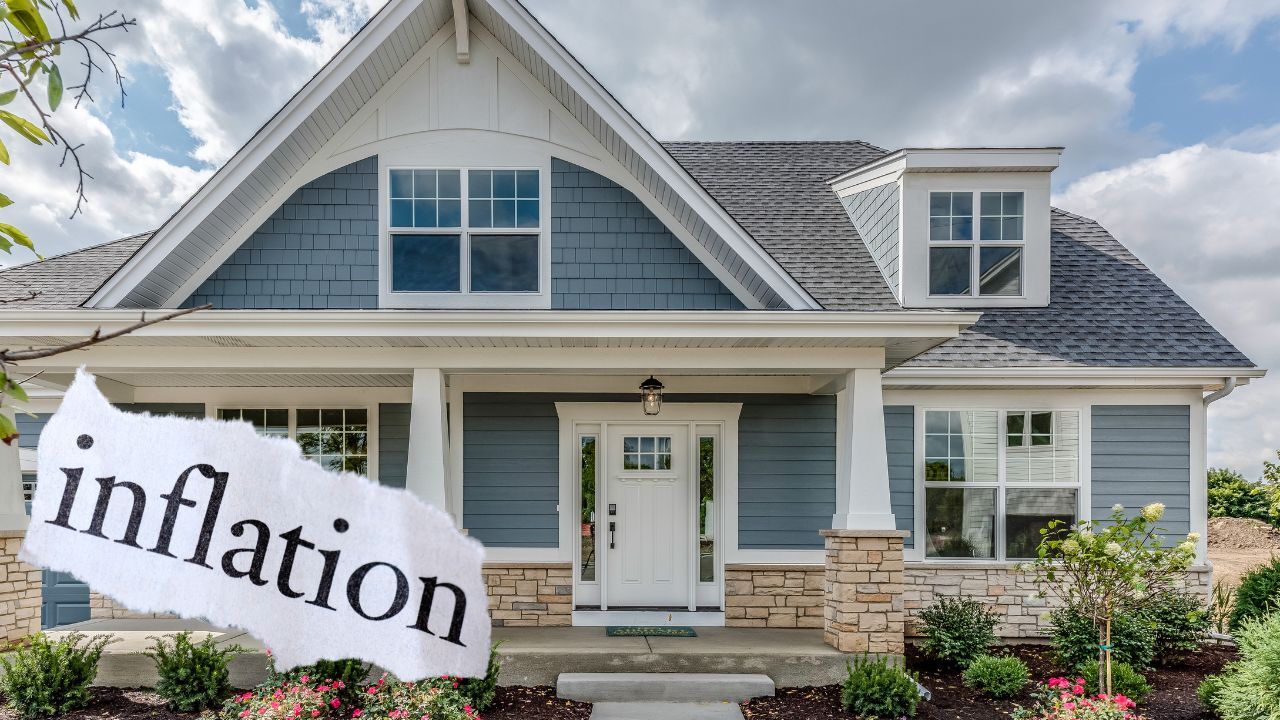The Hidden Life Moments That Impact Your Mortgage Journey
 Buying a home is rarely just about the house. It is about life happening at the same time. Career changes, family growth, health decisions, and financial habits all quietly shape your mortgage experience long before you ever tour a property. Many buyers are surprised to learn that choices made months or even years earlier can influence how smooth or stressful the process feels.
Buying a home is rarely just about the house. It is about life happening at the same time. Career changes, family growth, health decisions, and financial habits all quietly shape your mortgage experience long before you ever tour a property. Many buyers are surprised to learn that choices made months or even years earlier can influence how smooth or stressful the process feels.
Career Shifts Matter More Than You Think
Changing jobs, becoming self-employed, or moving into commission-based income can alter how lenders view stability. This does not mean you should avoid growth opportunities, but it does mean timing matters. Understanding how employment history is reviewed can help you plan career moves without unintentionally slowing your homeownership goals.
Debt Behavior Tells a Story
It is not just about how much debt you have. It is about how you manage it. Consistent payments, responsible use of credit, and avoiding sudden large purchases all paint a picture of reliability. Small habits like paying down balances instead of moving debt around can make a meaningful difference.
Life Events Deserve Financial Planning
Marriage, divorce, having children, or caring for family members often change household income and expenses. These events can shift what feels comfortable for a monthly housing payment. Planning for these changes before buying helps ensure your home supports your life instead of stretching it too thin.
Preparation Builds Confidence
Working with a mortgage professional gives you clarity without pressure. It allows you to ask questions, understand your position, and make informed decisions before emotions enter the process. Preparation turns uncertainty into confidence.
Homeownership is not a single transaction. It is a reflection of your life choices aligning at the right moment. When those pieces come together intentionally, the experience becomes far more empowering.

 Buying a home is one of the biggest financial decisions most people will ever make, and the mortgage process can feel overwhelming. With so much information available, it is easy for myths to spread, and many homebuyers still believe ideas that are simply not true. Clearing up these misconceptions can make the path to homeownership less stressful and much more successful.
Buying a home is one of the biggest financial decisions most people will ever make, and the mortgage process can feel overwhelming. With so much information available, it is easy for myths to spread, and many homebuyers still believe ideas that are simply not true. Clearing up these misconceptions can make the path to homeownership less stressful and much more successful. Inflation is a topic that impacts nearly every part of the economy, from the cost of groceries to long term financial planning. For homeowners and those considering a mortgage, inflation can feel intimidating. However, with the right perspective and strategies, borrowers can use inflation to their advantage and create lasting financial benefits.
Inflation is a topic that impacts nearly every part of the economy, from the cost of groceries to long term financial planning. For homeowners and those considering a mortgage, inflation can feel intimidating. However, with the right perspective and strategies, borrowers can use inflation to their advantage and create lasting financial benefits.